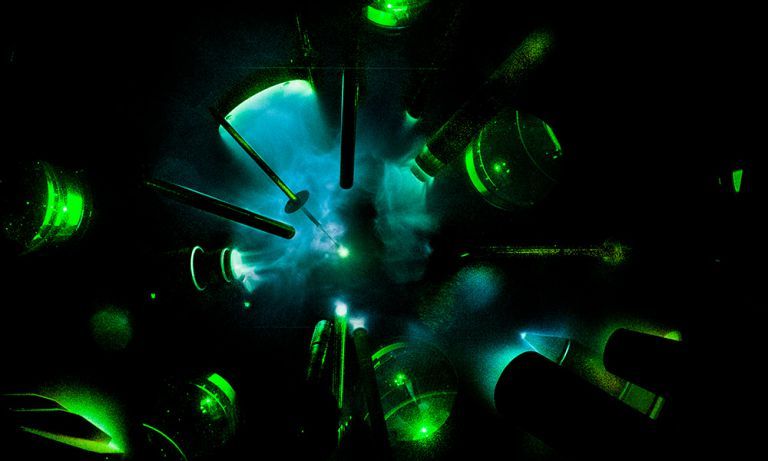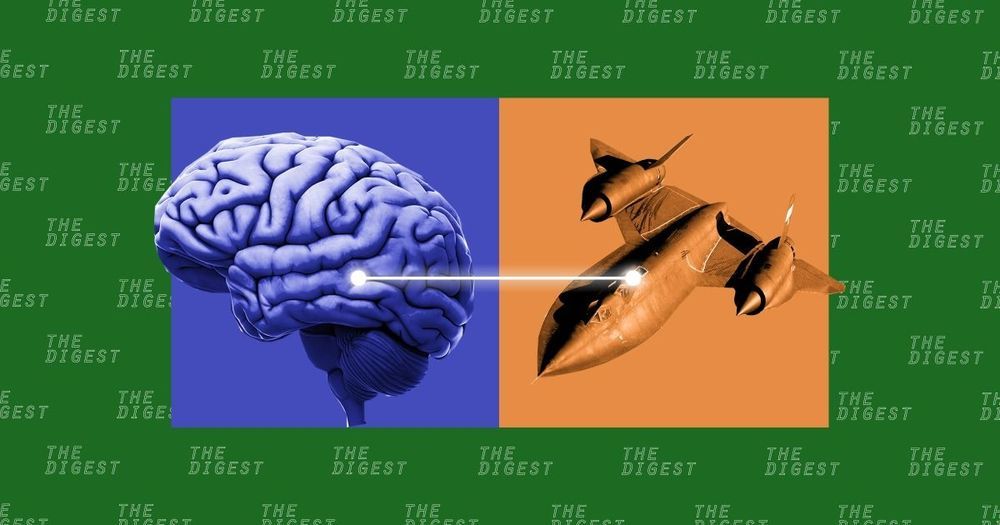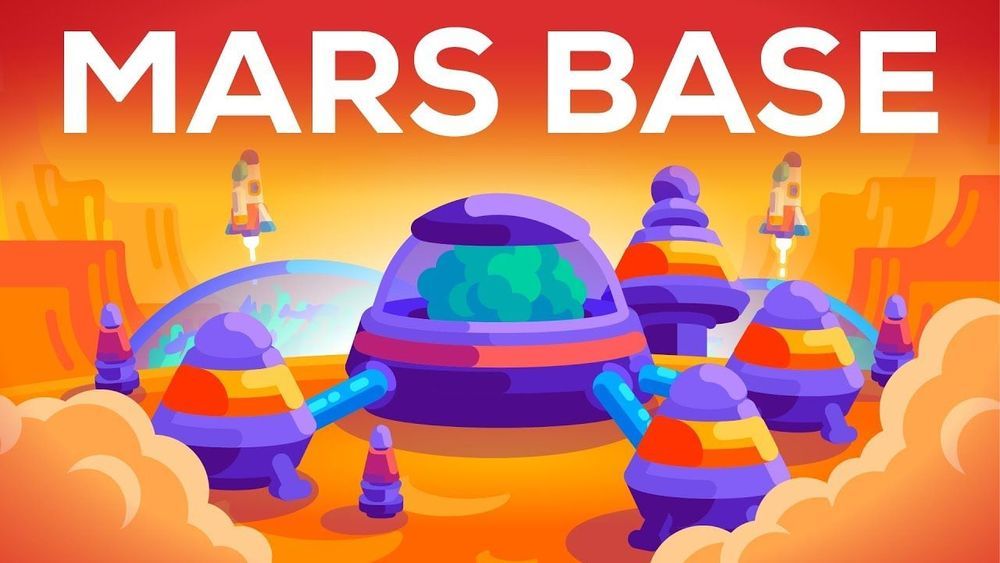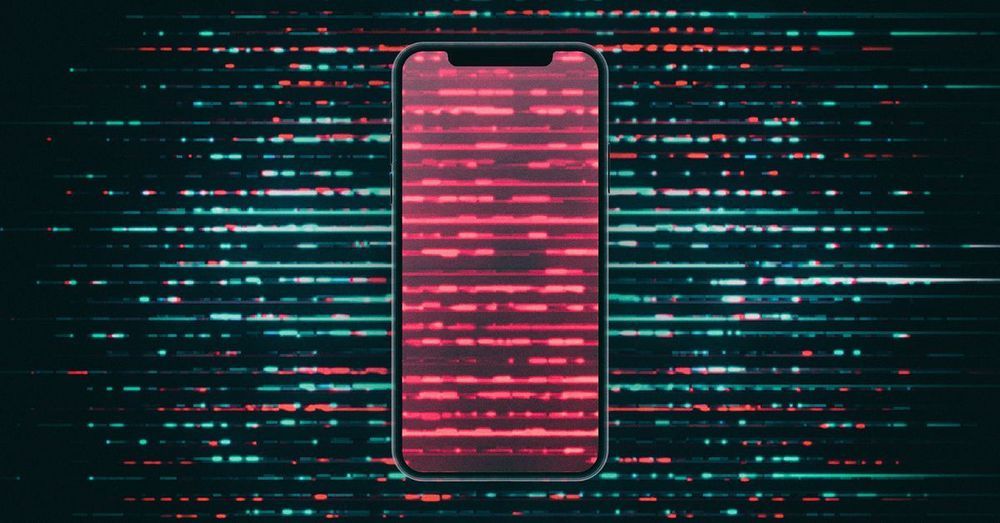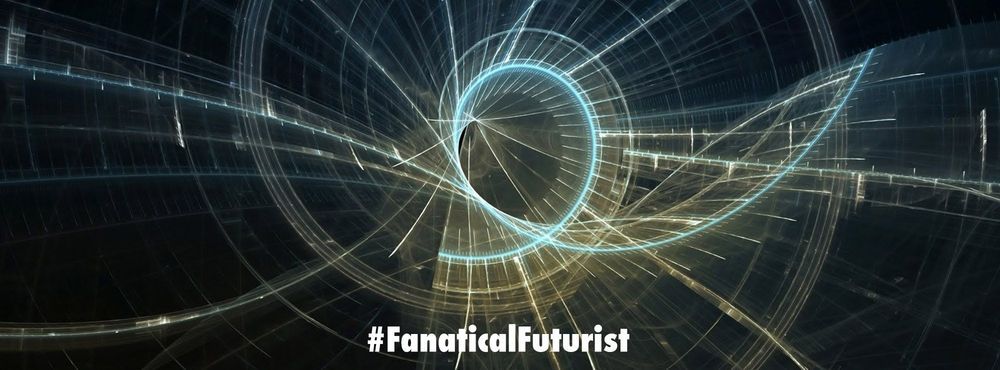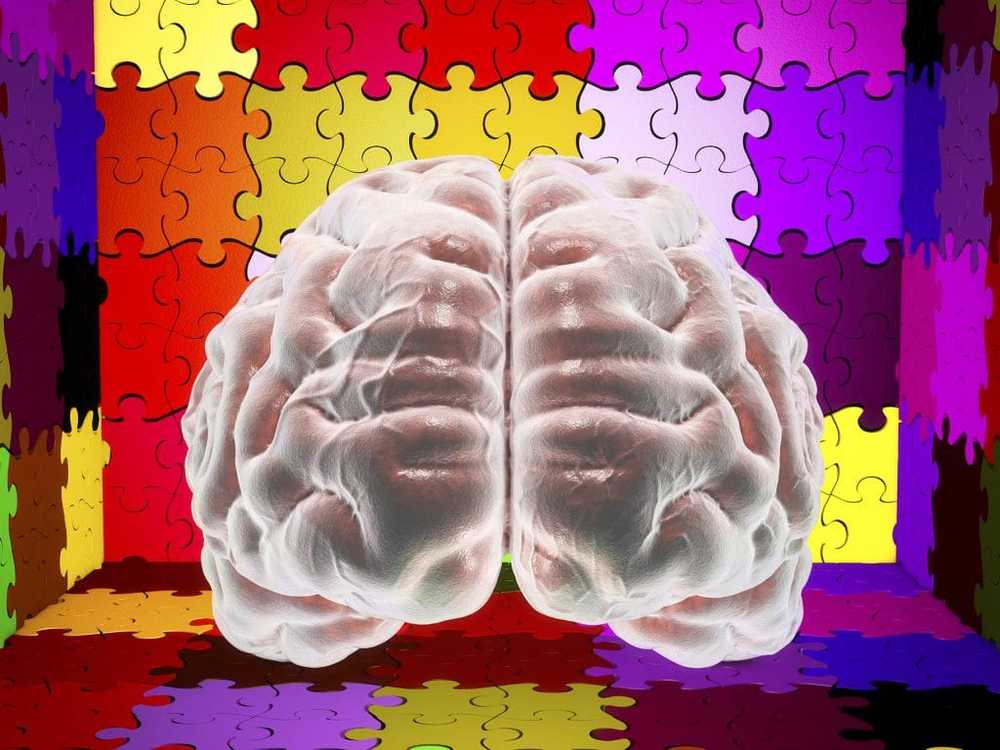It is a few years since I posted here on Lifeboat Foundation blogs, but with the news breaking recently of CERN’s plans to build the FCC [1], a new high energy collider to dwarf the groundbreaking engineering triumph that is the LHC, I feel obliged to write a few words.
The goal of the FCC is to greatly push the energy and intensity frontiers of particle colliders, with the aim of reaching collision energies of 100 TeV, in the search for new physics [2]. Below linked is a technical note I wrote & distributed last year on 100 TeV collisions (at the time referencing the proposed China supercollider [3][4]), highlighting the weakness of the White Dwarf safety argument at these energy levels, and a call for a more detailed study of the Neutron star safety argument, if to be relied on as a solitary astrophysical assurance. The argument applies equally to the FCC of course:
The Next Great Supercollider — Beyond the LHC : https://environmental-safety.webs.com/TechnicalNote-EnvSA03.pdf
The LSAG, and others including myself, have already written on the topic of astrophysical assurances at length before. The impact of CR on Neutron stars is the most compelling of those assurances with respect to new higher energy colliders (other analogies such as White Dwarf capture based assurances don’t hold up quite as well at higher energy levels). CERN will undoubtedly publish a new paper on such astrophysical assurances as part of the FCC development process, though would one anticipate it sooner rather than later, to lay to rest concerns of outsider-debate incubating to a larger audience?
Continue reading “The Search for New Physics & CERN's FCC Future Circular Collider” »
